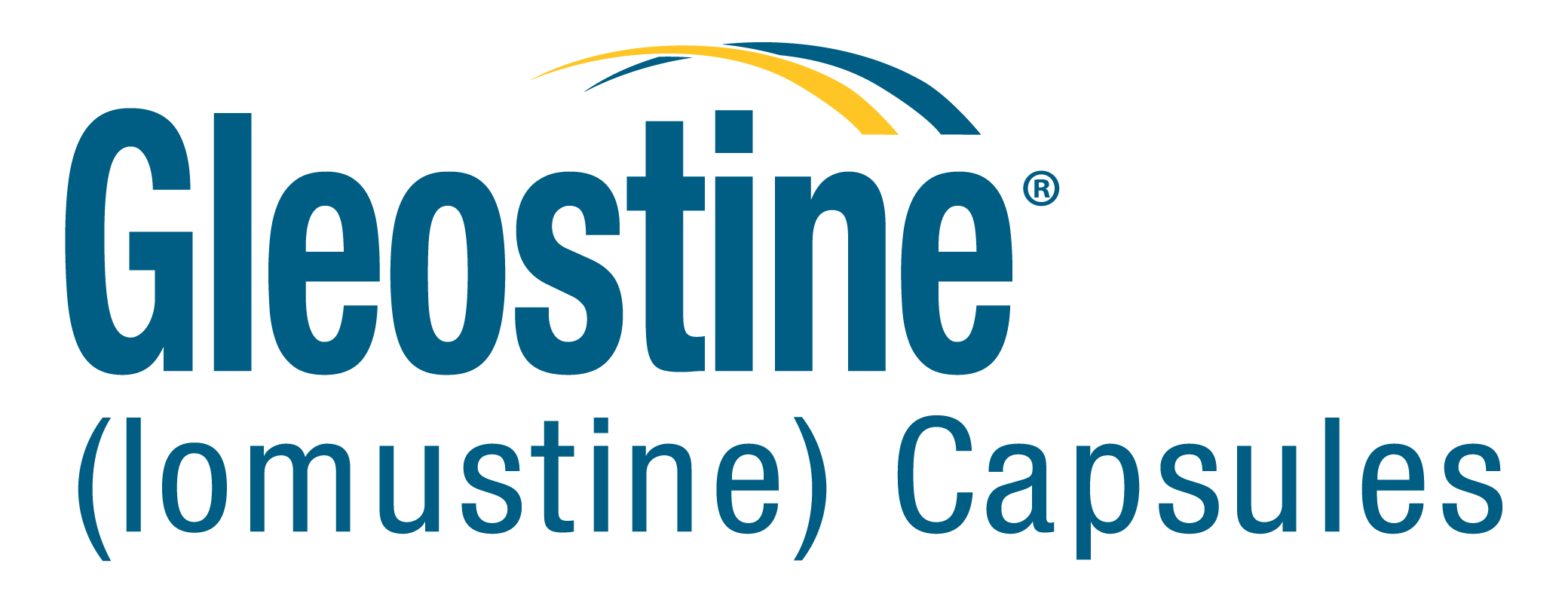Gleostine® is an FDA-approved chemotherapeutic drug indicated for use in patients with brain tumors, primary and metastatic, following appropriate surgical and/or radiotherapeutics procedures as well with Hodgkin’s lymphoma in combination with other chemotherapies, following disease progression with initial chemotherapy.
Cell division, which is no longer controlled as it is in normal tissue, characterizes cancerous tumors. “Normal” cells stop dividing when they come into contact with like cells, a mechanism known as contact inhibition. Cancerous cells lose this ability. Cancer cells no longer have the normal checks and balances in place that control the limit of cell division.

Gleostine® bonds with the DNA of rapidly dividing cancer cells, causing genetic defects in the cells and ultimately resulting in the death of the cancer cells. Since malignant cancer cells are among the fastest dividing cells in the body, the drug focuses on those cells. Other rapidly dividing cells in the body can also be affected, like those found in the hair and the gastrointestinal lining, which is the primary cause for the side effects associated with this treatment.
The ability of chemotherapy to kill cancer cells depends on its ability to halt cell division. Usually, brain cancer drugs, such as Gleostine®, work by damaging the RNA or DNA that tells the cell how to copy itself in division. If the cells are unable to divide, they die. The faster the cells are dividing, the more likely it is that chemotherapy will kill the cells, causing the tumor to shrink. They also induce cell suicide (self-death or apoptosis).
Gleostine® is classified as an alkylating agent. Alkylating agents are most active in the resting phase of the cell. These drugs are cell cycle non-specific. The type of cells, rate at which they divide, and the time at which a given drug is likely to be effective, sets the scheduling of chemotherapy. Therefore, chemotherapy is typically cyclical.
Note: We strongly encourage you to talk with your health care professional about your specific medical condition and treatments. The information contained in this website is meant to be helpful and educational, but is not a substitute for medical advice.
